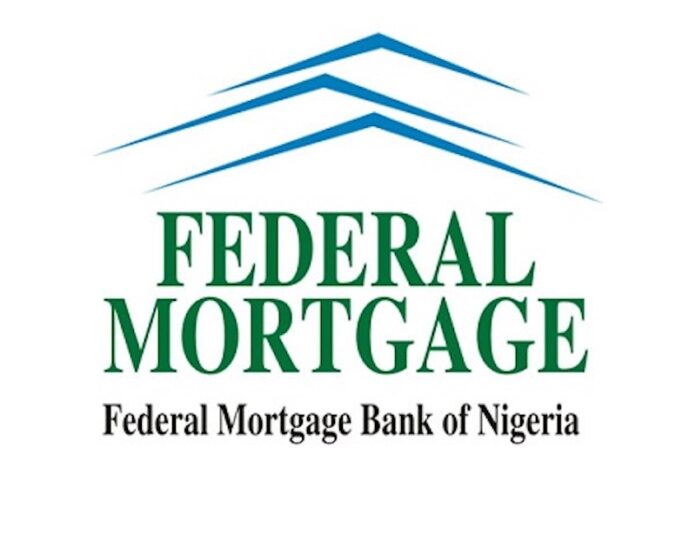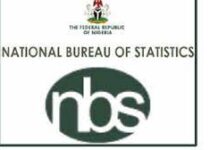FMBN to Deepen Housing Financing to Raise Contribution to GDP
Chigozie Amadi
The Federal Mortgage Bank of Nigeria (FMBN) yesterday restated its commitment to deepening affordable housing financing to increase its contribution to Nigeria’s Gross Domestic Product (GDP).
Speaking when a team led by the Chief Executive of the Association of National Accountants of Nigeria (ANAN), Olusola Fashola, visited him in his office in Abuja, the Managing Director of FMBN, Shehu Osidi, noted that it provided the opportunity to deepen engagement between both organisations.
Osidi stated that the bank was also eager to learn from the vast experience and wisdom of ANAN and was ready to explore how both bodies could work together to advance shared goals and objectives.
The FMBN chief executive stated that the bank was established to provide affordable mortgages to drive home ownership among Nigerian workers, particularly low and medium income earners.
“In doing this, our overall focus is to deepen the housing finance and mortgage sector to improve its contribution to the GDP, enhance homeownership among Nigerians for wealth creation and economic prosperity and drastically reduce the housing deficit.
“ This is a template we have committed ourselves to implementing through the agenda the current management has set for itself,” he added.
Since the FMBN executive management came in barely 3 months ago, he stated that it had set about conducting the affairs of the bank methodically, concentrating on seven core but broad agenda to further deepen the ongoing reforms and usher remarkable turnaround.
“These include deepening process automation, promoting cost efficiency, enhancing credit quality & reducing non-performing loans, effective project management, expanding strategic partnerships, enthroning a robust organisational/employee performance management system standardised capacity building/talent management,” he stressed.
He assured of the readiness of the new executive management to deliver on its mandate as encapsulated in the FMBN vision and mission.
Osidi lauded ANAN for its critical contributions and interventions in the Nigeria’s economic landscape particularly in deepening knowledge base and expanding skill sets in the financial services sector.
In his remarks, the chief executive of ANAN, Fashola, said that ANAN was established in 1979 and was chartered in 1993, with over 56,000 members across the 36 states of Nigeria, including the FCT, United Kingdom, United States of America, Canada, and Côte d’Ivoire.
While soliciting FMBN’s partnership, Fashola stated that ANAN was not just a professional accountancy organisation in Nigeria, but a council member of the accountancy bodies in West Africa.
He noted that the body was set up to professionalise accountancy in Nigeria, stressing that since the Nigerian College of Accountancy was established in Jos, it had run non-stop for the past 30 years.
He explained that on the average, the college has, on a yearly basis, produced 5,000 students.
Fashola also stated that the formal process of bestowing a fellowship on the FMBN boss was almost at the verge of completion.

























